Premium Only Content
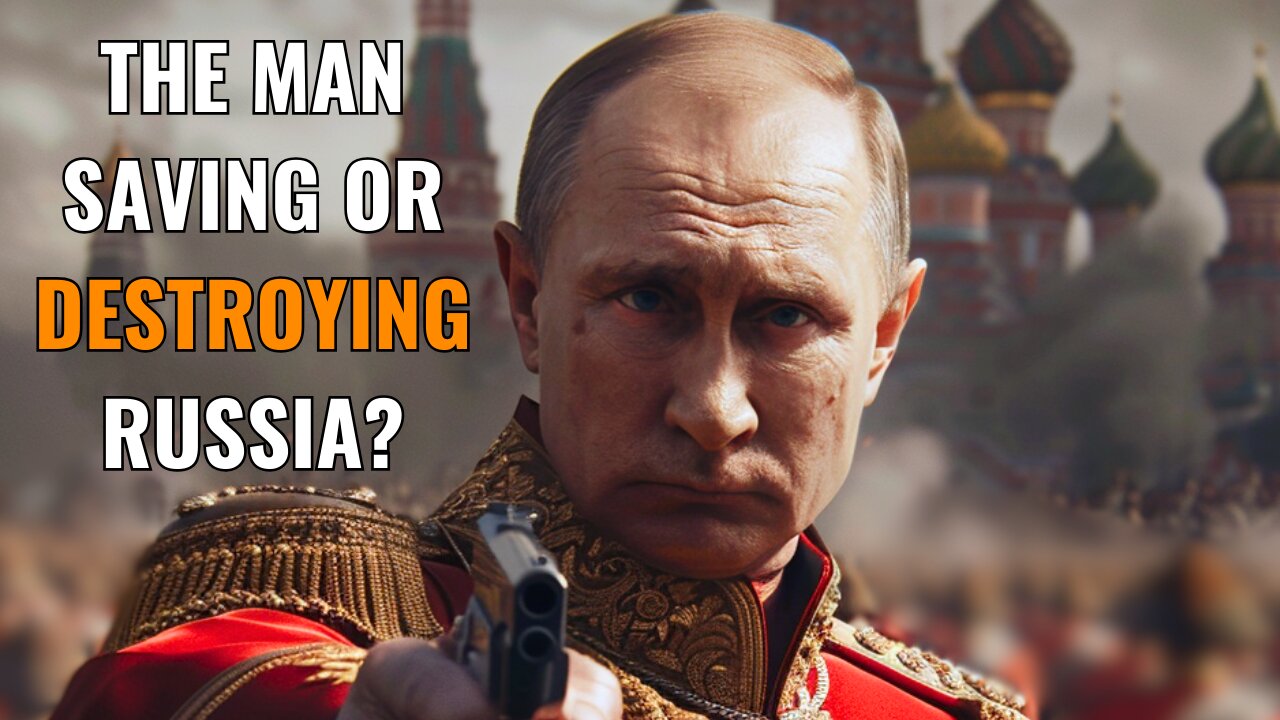
From the KGB to a New Tsar? - Vladimir Putin
From the KGB to the Kremlin, and operating from the Caucasus to Crimea and beyond, how and why did Vladimir Putin become the man he is today?
Born on October 7, 1952, Putin's early years saw an austere Soviet-era apartment, common for many of his generation.
His father, a decorated veteran of the Soviet Navy in World War II, and his mother, a factory worker, instilled in him the values of hard work and patriotism from a young age.
It wasn't all grim, though; Putin found an outlet in judo, a sport where discipline and strategy converge— traits that would define his later career.
His prowess in judo wasn't just about physical strength; it helped shape his determination and tactical thinking.
Pursuing higher education, Putin graduated from Leningrad State University with a degree in law, a foundation that would serve him well in the intricate world of politics and intelligence.
His legal acumen caught the eye of the KGB, marking the beginning of a 16-year stint as an intelligence officer, a role that took him from the shadows of East Germany back to the Soviet Union's crumbling facade.
The disintegration of the Soviet Union could have been a dead-end for many in the KGB, but Putin saw it as an opening.
Leaving the KGB in 1991, he ventured into the political arena of Leningrad, now St. Petersburg.
Under the wing of Anatoly Sobchak, the city's reformist mayor, Putin sharpened his political skills, navigating the treacherous waters of post-Soviet Russia with a blend of pragmatism and ruthlessness.
This was just the prologue.
From the KGB to the Kremlin, and operating from the Caucasus to Crimea and beyond, how and why did Vladimir Putin become the man he is today?
Born on October 7, 1952, Putin's early years saw an austere Soviet-era apartment, common for many of his generation.
His father, a decorated veteran of the Soviet Navy in World War II, and his mother, a factory worker, instilled in him the values of hard work and patriotism from a young age.
It wasn't all grim, though; Putin found an outlet in judo, a sport where discipline and strategy converge— traits that would define his later career.
His prowess in judo wasn't just about physical strength; it helped shape his determination and tactical thinking.
Pursuing higher education, Putin graduated from Leningrad State University with a degree in law, a foundation that would serve him well in the intricate world of politics and intelligence.
His legal acumen caught the eye of the KGB, marking the beginning of a 16-year stint as an intelligence officer, a role that took him from the shadows of East Germany back to the Soviet Union's crumbling facade.
The disintegration of the Soviet Union could have been a dead-end for many in the KGB, but Putin saw it as an opening.
Leaving the KGB in 1991, he ventured into the political arena of Leningrad, now St. Petersburg.
Under the wing of Anatoly Sobchak, the city's reformist mayor, Putin sharpened his political skills, navigating the treacherous waters of post-Soviet Russia with a blend of pragmatism and ruthlessness.
This was just the prologue.
From the KGB to the Kremlin, and operating from the Caucasus to Crimea and beyond, how and why did Vladimir Putin become the man he is today?
Born on October 7, 1952, Putin's early years saw an austere Soviet-era apartment, common for many of his generation.
His father, a decorated veteran of the Soviet Navy in World War II, and his mother, a factory worker, instilled in him the values of hard work and patriotism from a young age.
It wasn't all grim, though; Putin found an outlet in judo, a sport where discipline and strategy converge— traits that would define his later career.
His prowess in judo wasn't just about physical strength; it helped shape his determination and tactical thinking.
Pursuing higher education, Putin graduated from Leningrad State University with a degree in law, a foundation that would serve him well in the intricate world of politics and intelligence.
His legal acumen caught the eye of the KGB, marking the beginning of a 16-year stint as an intelligence officer, a role that took him from the shadows of East Germany back to the Soviet Union's crumbling facade.
The disintegration of the Soviet Union could have been a dead-end for many in the KGB, but Putin saw it as an opening.
Leaving the KGB in 1991, he ventured into the political arena of Leningrad, now St. Petersburg.
Under the wing of Anatoly Sobchak, the city's reformist mayor, Putin sharpened his political skills, navigating the treacherous waters of post-Soviet Russia with a blend of pragmatism and ruthlessness.
This was just the prologue.
-
 58:14
58:14
theDaily302
14 hours agoThe Daily 302- Tim Ballard
30.1K1 -
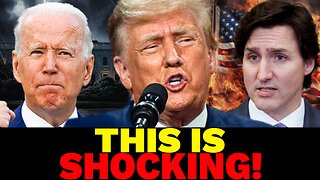 13:22
13:22
Stephen Gardner
7 hours ago🔥You'll NEVER Believe what Trump wants NOW!!
80.4K214 -
 54:56
54:56
Digital Social Hour
1 day ago $8.77 earnedDOGE, Deep State, Drones & Charlie Kirk | Donald Trump Jr.
42K4 -
 DVR
DVR
The Trish Regan Show
9 hours agoTrump‘s FCC Targets Disney CEO Bob Iger Over ABC News Alleged Misconduct
48.7K34 -
 1:48:19
1:48:19
The Quartering
10 hours agoElon Calls White People Dumb, Vivek Calls American's Lazy & Why Modern Christmas Movies Suck!
131K104 -
 2:08:42
2:08:42
The Dilley Show
10 hours ago $4.38 earnedH1B Visa Debate, Culture and More! w/Author Brenden Dilley 12/26/2024
115K25 -
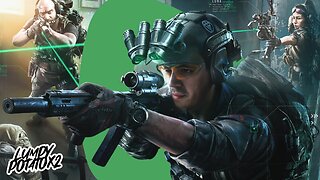 4:55:59
4:55:59
LumpyPotatoX2
13 hours agoThirsty Thursday on BOX Day - #RumbleGaming
109K5 -
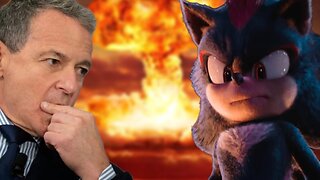 1:04:52
1:04:52
Geeks + Gamers
12 hours agoDisney RATIO'D on Christmas Day | Mufasa Embarrassed By Sonic 3
81.2K11 -
 8:27:46
8:27:46
Sm0k3m
16 hours agoPlaying games on Rumble
51.4K2 -
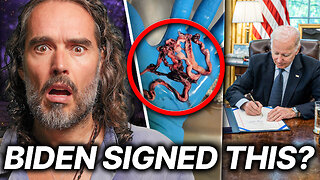 10:37
10:37
Russell Brand
2 days agoHow is this even allowed?
203K890